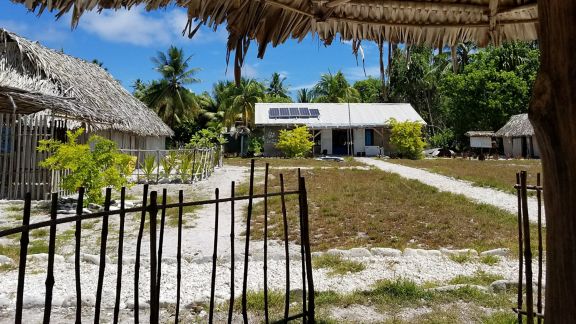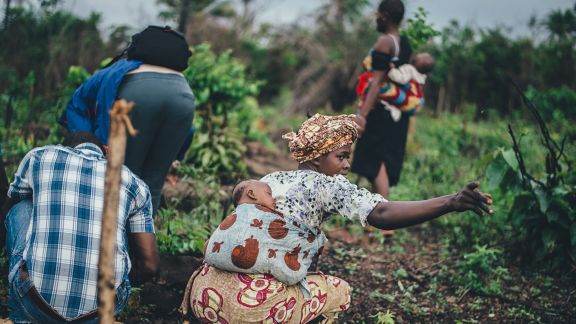US-Colombia Child Protection Compact Partnership Study

Problem
The US-Colombia Child Protection Compact Partnership needs data to design programming to combat child trafficking in Colombia.
Colombia’s strategic location combined with porous borders, unplanned urban settlements, and mountainous and jungled terrain have made it a hotspot for human trafficking operations and illegal armed groups. Despite a 2016 peace agreement with the FARC-EP, displacement by armed groups is on the rise, with nearly 75,000 persons displaced in 2021 alone.
Colombia also has a growing population of nearly two million Venezuelan migrants, many of whom reside in towns and cities along the border. This large number of vulnerable persons, coupled with poor economic prospects for youth, has increased Colombian children’s vulnerability to trafficking.
Solution
NORC will conduct a series of sub-studies on four types of child trafficking.
The U.S. Department of State’s Office to Monitor and Combat Trafficking in Persons (JTIP) commissioned a comprehensive study to support the US-Colombia Child Protection Compact (CPC) Partnership in combating child trafficking. NORC, in collaboration with different local research firms, conducted a formative assessment to inform the study’s design and is implementing each sub-study. The project consists of a series of targeted trafficking studies, each addressing a distinct form of child trafficking:
- Child Sex Trafficking in the Context of Tourism and Online Sexual Exploitation: a mixed-methods study in Bogotá and Medellín, focusing on child sex trafficking linked to tourism and livestreamed sexual exploitation (commonly referred to as “webcam modeling”). The study includes qualitative interviews with key stakeholders and surveys with young adult survivors using respondent-driven sampling.
- Forced Labor and Child Begging: qualitative interviews with key actors in Cúcuta and Bogotá, and surveys with street-connected children in Cúcuta. NORC is using innovative prevalence estimation methods, including capture-recapture and time-location sampling.
- Forced Recruitment of Children into Illegal Armed Groups (Child Soldiers): qualitative interviews with national and local actors to explore the dynamics of child recruitment by illegal armed groups.
Result
Findings will support programming to combat trafficking of children.
NORC will develop reports for each study and facilitate a results validation workshop. Our findings will provide rigorous, empirical data to enable JTIP, the government of Colombia, and CPC Partnership implementing partners to design high-impact interventions to combat child trafficking.
Related Tags
Project Leads
-
Kareem Kysia
Program Area DirectorPrincipal Investigator -
Alex Mijares
Senior Research ScientistProject Director








